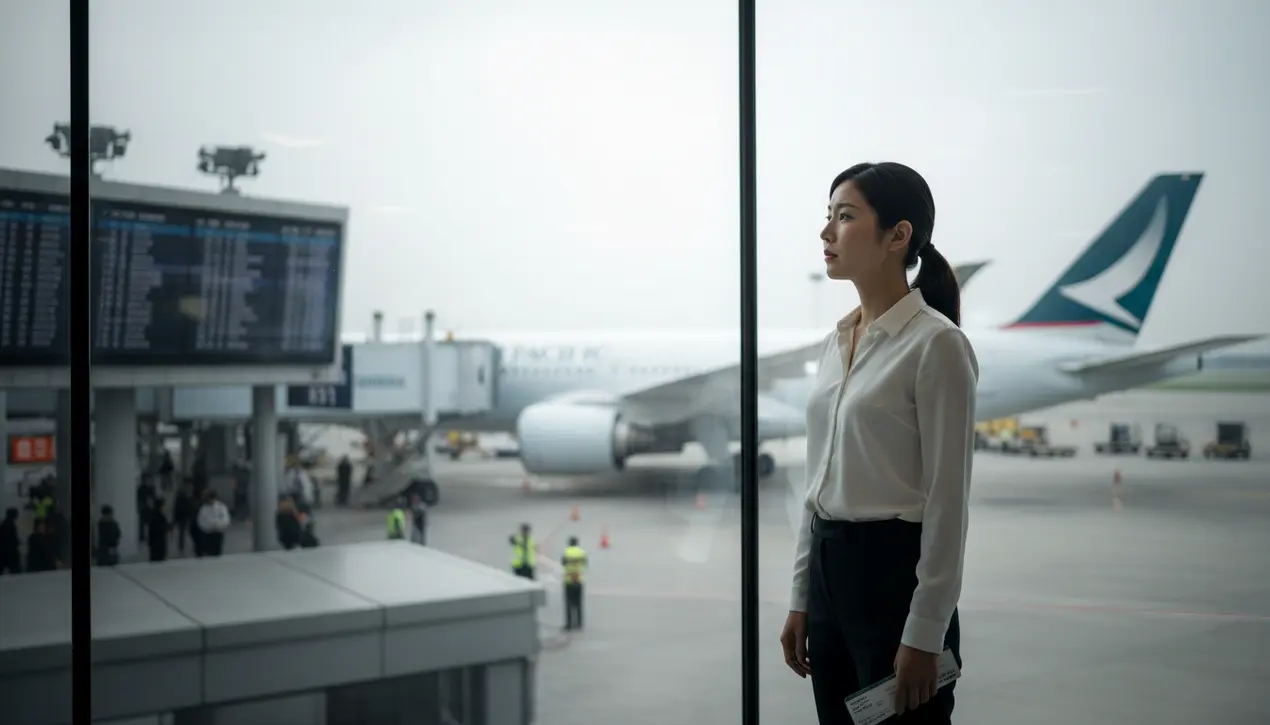
PoliticsdiplomacyBilateral Relations
Cathay Pacific allows flight changes for Japan travel.
OL
Oliver Scott
2 hours ago7 min read
Hong Kong’s premier carrier, Cathay Pacific Airways, has instituted a significant policy shift, permitting travelers with existing bookings to Japan to modify their itineraries without penalty. This operational maneuver is a direct, pragmatic response to Beijing's stark advisory urging Chinese citizens to avoid travel to Japan—a diplomatic flare-up that has sent ripples across the Asia-Pacific geopolitical landscape.The catalyst for this tension stems from a provocative suggestion by Japanese Prime Minister Sanae Takaichi, who openly speculated about Tokyo's potential deployment of military forces should a conflict erupt in the Taiwan Strait. This is not merely a travel update; it is a bellwether of escalating great-power friction.Cathay Pacific, in its carefully worded statement, claims it is 'closely monitoring the situation,' a corporate euphemism for navigating the treacherous waters between its home base in the Chinese Special Administrative Region and its commercial obligations in a key market. The underlying risk scenario is clear: a major airline is preemptively managing the fallout from a political standoff that could severely disrupt regional travel patterns and cripple its revenue streams on one of its most lucrative routes.The Taiwan Strait has long been a geopolitical fault line, but the explicit discussion of Japanese military involvement by a senior official marks a dangerous escalation, fundamentally altering the calculus for all regional actors. For risk analysts, this move by Cathay is a classic case of corporate contingency planning for a low-probability, high-impact event.The historical precedent is unsettling; recall how regional airlines were hammered during the 2012 Senkaku Islands dispute between China and Japan, when nationalist boycotts led to plummeting passenger numbers. The current situation presents a more complex and volatile matrix, intertwining military posturing with economic interdependence.Expert commentary from security think tanks suggests that while full-scale conflict remains unlikely, the heightened rhetoric increases the chance of miscalculation, potentially triggering a cascade of economic sanctions, travel bans, and supply chain disruptions that would extend far beyond the aviation sector. The possible consequences are multifaceted: a prolonged downturn in tourism would devastate local economies in Japan, while Chinese corporations with significant exposure to Japanese markets would face unprecedented operational and reputational risks.For global investors, this is a stark reminder of the fragility of the 'Asia-Pacific miracle,' where deep economic integration exists in a perpetual state of tension with unresolved historical grievances and territorial ambitions. Cathay's flight modification policy is thus a canary in the coal mine—a small, immediate action that signals a much broader and more dangerous shift in the regional order, where commercial logistics are becoming inextricably linked with military logistics.
#featured
#Cathay Pacific
#Japan
#travel advisory
#flight modification
#Taiwan Strait
#diplomatic tensions
#Hong Kong
Stay Informed. Act Smarter.
Get weekly highlights, major headlines, and expert insights — then put your knowledge to work in our live prediction markets.
Related News
Comments
Loading comments...
© 2025 Outpoll Service LTD. All rights reserved.